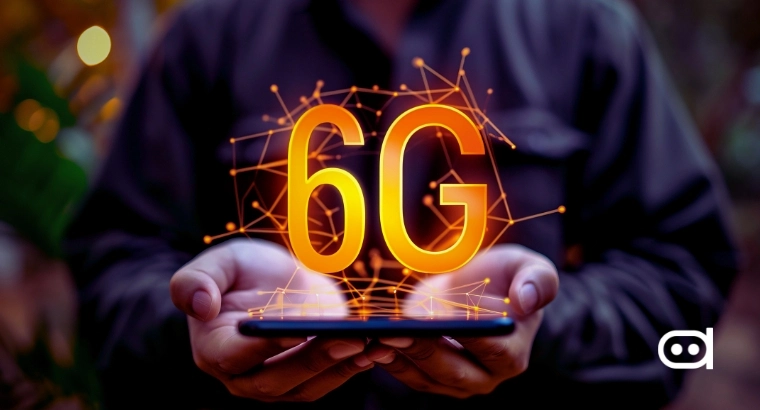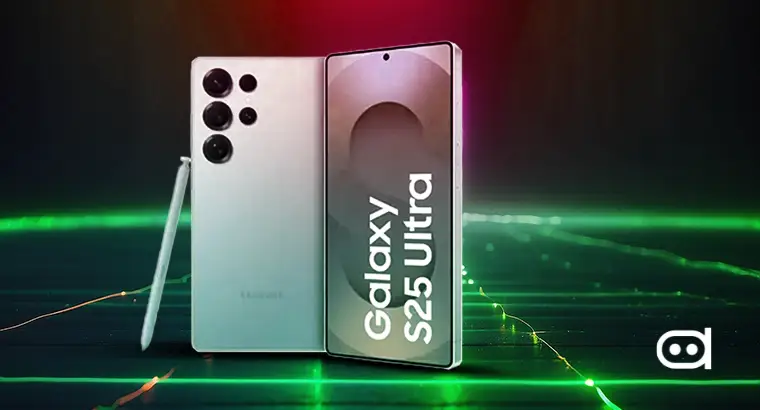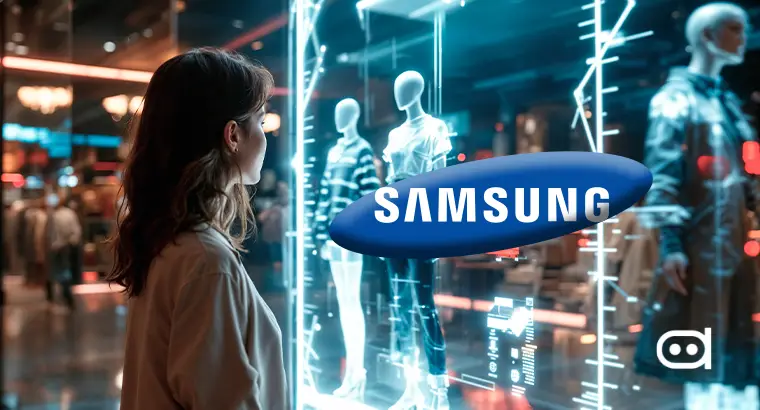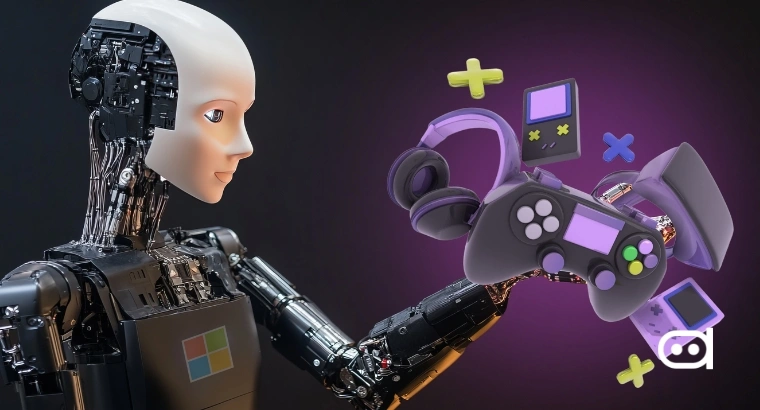
Seoul – Samsung Electronics has come out with a 6G white paper titled “AI-Native & Sustainable Communication,” sharing the latest trends in next-generation mobile communication technologies. This publication follows their very first white paper on 6G titled “The Next Hyper-Connected Experience for All,” which appeared in July 2020. The paper lays out the changing market and technology needs, new emerging services, 6G key characteristics, and enabling technologies.
“We are intensifying our 6G research efforts, focusing on AI-enabled communication technologies and sustainable networks,” said Charlie Zhang, Senior Vice President of Advanced Communications Research Center (ACRC), Samsung Research. “As the telecommunication industry accelerates 6G standardization this year, Samsung will develop technologies to align with market demands.”
The white paper emphasizes the need for advanced AI technologies to be integrated into communication systems for network quality enhancement and sustainable user experience. It also emphasizes numerous emerging services anticipated to mark the 6G epoch, particularly immersive extended reality (XR), which tightly binds virtual and real-world interactions to provide immersive experiences across different industries like entertainment and healthcare.
Digital twin technology should also feature prominently, creating a virtual representation of physical entities for remote monitoring and control. Massive communication will connect many devices at once supporting automation of smart cities and factories. Ubiquitous connectivity will increase service coverage by fusing terrestrial and non-terrestrial networks, including satellites. Meanwhile, fixed wireless access (FWA) aims to provide broadband services wirelessly and thus with less reliance on traditional wired connections.
Samsung identifies four key attributes essential for 6G development. AI-native solutions will integrate AI for system designs and operations to optimize performance. Sustainable networks will work at improving energy efficiency, which will drive down operational costs and enhance user satisfaction. Ubiquitous coverage means enlarging the arena of communication services through the integration of different types of networks. Secure and resilient networks will gain a level of security and resilience via ingenious computing and AI technologies.
The company expects that the standards for 6G technology will be concluded by the year 2030 and continues to research and develop this technology in parallel. Samsung intends to focus on global standardization efforts and lead the world operation of 6G standards, while knowledge gained from 5G commercialization will be utilized to adapt to new market demands.
Latest Stories:
Fujitsu Showcases AI-Driven Networks at MWC Barcelona 2025
OpenAI and CSU Partner for Nationwide AI Education Expansion
UK Initiates AI Trial to Enhance Breast Cancer Detection








